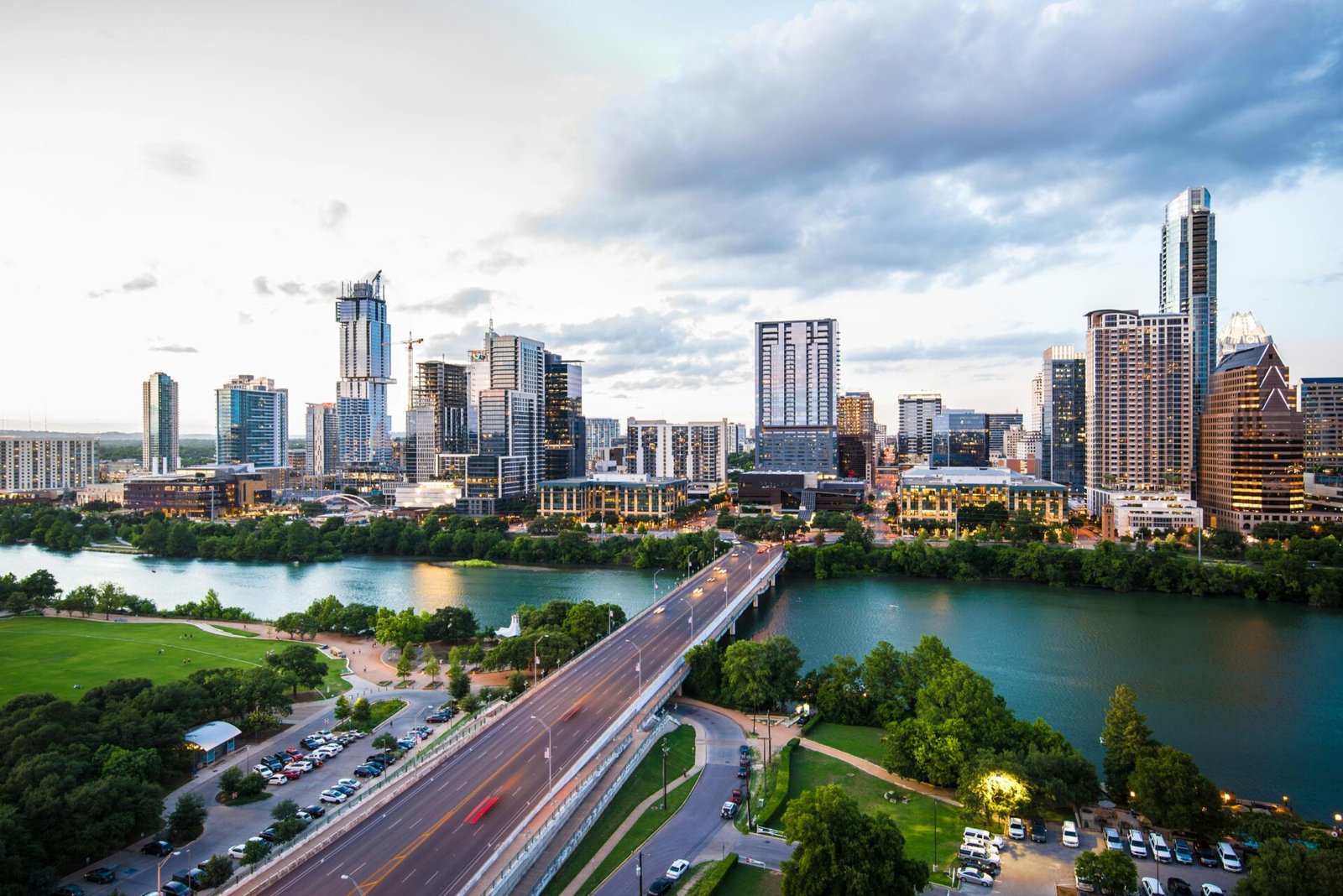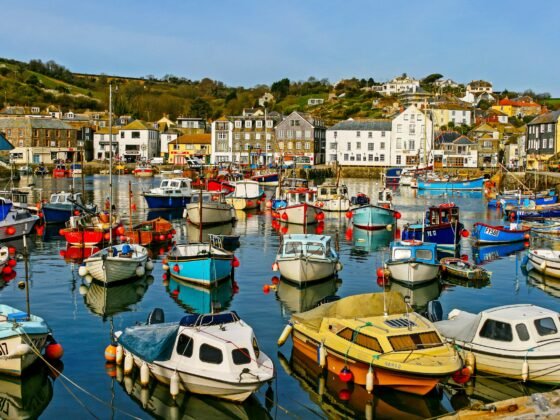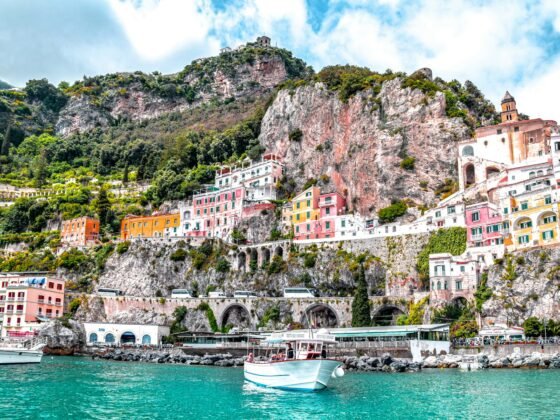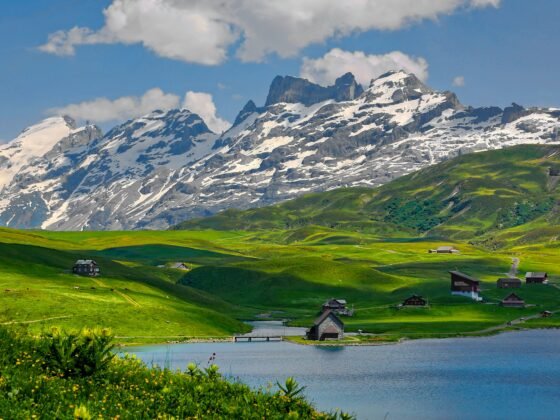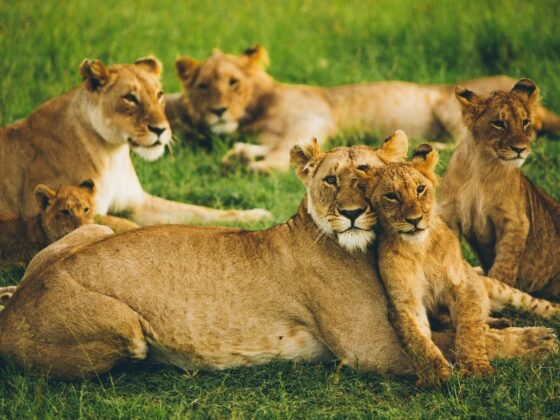Texas is a state where the cities grow faster than maps do. Business races there at breakneck pace. While Texas is equated with oil, ranches, and cowboy hats, its actual strength lies in its own capacity to evolve and yet not lose its character. That is why Texas is one of the top magnets today for companies, startups, migrants, and seekers of space — physical as well as economic.
Brief History
The history of Texas is an epic woven from Spanish missions, Mexican revolutions, independence, and its entry into the United States. In 1836, Texas became an independent republic, and nine years later, it joined the Union as the 28th state. Though nearly two centuries have passed since then, the spirit of independence is still alive here.
As a borderland, Texas absorbed the cultures of Mexico, the United States, and Indigenous peoples. This is reflected in its architecture, cuisine, language, and even its laws. Moreover, key chapters of westward expansion, railroad construction, and the oil boom unfolded right here.
And while today Texas is a high-tech center, its past is far from forgotten. Museums, ranches, historic parks, and universities continue to tell the stories that shape the state’s identity. That’s because, despite rapid development, respect for its roots remains a vital part of Texan culture.
Economy and Infrastructure
Texas is both a geographical giant and an infrastructure nexus. Main highways, railways, air lanes, and seaports intersect here. Office movers are in more demand than anywhere else, because relocating an office has to be accurate, prompt, and reliable. Corporations from Illinois, New York, and California are moving their offices here in droves, lured by lower real estate costs, tax incentives, and highly advanced infrastructure.
But the economy of Texas isn’t all gas and oil. The state is now working hard to develop technology, healthcare, education, logistics, and manufacturing sectors. Austin, Dallas, and Houston are at the forefront of this, having large company headquarters, research institutions, and start-ups.
In addition, the state is investing in:
- Port and transportation infrastructure development;
- Support for small businesses and start-ups;
- Worker training in colleges and technical schools;
- Environmental projects in industry.
Houston, for example, is home to one of the largest ports in the nation, while Dallas has the international DFW airport, which receives millions of travelers and cargo annually. Austin, on the other hand, is a center for tech companies.
Geography and Culture
The state borders Mexico, grazes the Gulf of Mexico, and encompasses plains, hills, deserts, and forests. This offers a unique combination of types of climate and natural resources.
Below are the natural areas that determine the state’s economy and culture:
- Hill Country, vineyard production, and agritourism;
- Gulf Coast, shipping, fishing, and oil terminals;
- Panhandle, wind farms, and grain crops;
- Big Bend, ecotourism, ecology, and geology;
- Piney Woods, forest and conservation.
Texas culture is not a single word to be described. It’s country, blues, literature, food, and an unmistakable accent. Texas is also the place of such names as Willie Nelson, Matthew McConaughey, Larry McMurtry, Beyoncé, and many, many more.
These are the cultural sites that make Texas unique:
- Bullock Texas State History Museum in Austin;
- Majestic Theatre in San Antonio;
- Music festivals SXSW and Austin City Limits;
- Food trails along the central counties.
Food’s role is especially pronounced: barbecue, tacos, cornbread, and sweet tea are all now part of what defines the state. And while Texas food may seem straightforward, it is rich and respects tradition at its deepest level.
Final Thoughts
Texas is a state that honors its past but isn’t afraid of the future. It’s a state where business is built without ever forgetting about people. And if you’re looking for a place to grow your business or simply catch a glimpse of what true Southern identity is all about, Texas is the place to be.
Image: Unsplash, Carlos Delgado

